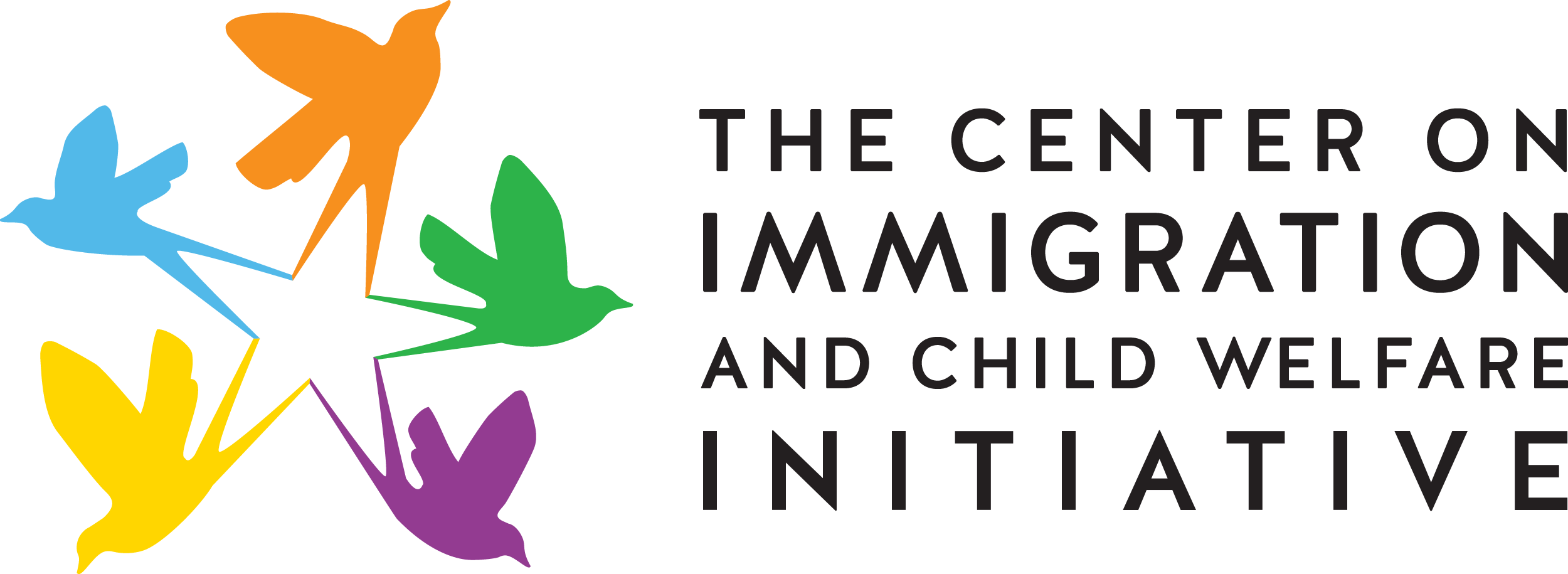Care Provider Facilities Described Challenges Addressing Mental Health Needs of Children in HHS Custody
U.S. Department of Health and Human Services, Office of Inspector General (September 2019)
A report released by the Office of the Inspector General confirmed that intense trauma was common among children who entered the Office of Refugee Resettlement (ORR) facilities in 2018 including those who were suddenly separated from their parents.

